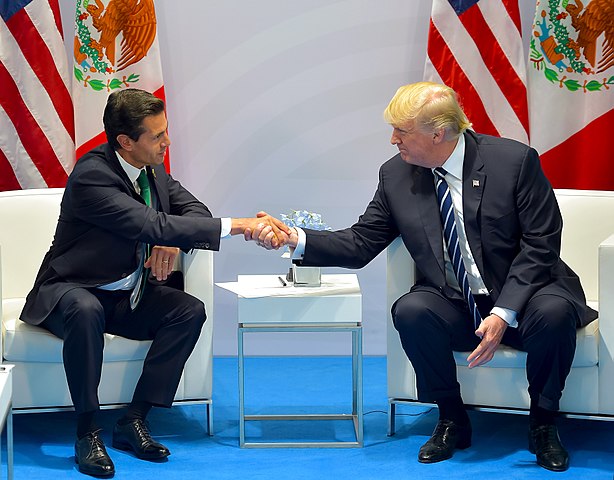Cuban doctors have been deployed all over the world to heal and to strengthen bilateral relations. In 2017, they came to Chicago to address extreme disparity and an urgent community need.
The University of Illinois Chicago-Cuban Ministry of Health collaboration is a first: American doctors invited Cuban medical professionals into American communities to help improve maternal and child health outcomes in underserved Chicago neighborhoods. This collaboration is a milestone in cooperative US-Cuban relations, and in Cuba’s medical diplomacy.
Dr. Jose Armando Arronte Villamarin and two other Cuban health professionals came to Chicago in January of 2017 to visit University of Illinois Hospital & Health Sciences System (UI Health) clinics and discuss the potential of applying a Cuban-style home visit system, where doctors have the chance to observe patients, and their conditions, in their own home. During their next visit to Chicago, the doctors began the at-home interviews to assess the patients and determine their health needs at the individual and, cumulatively, community levels.

